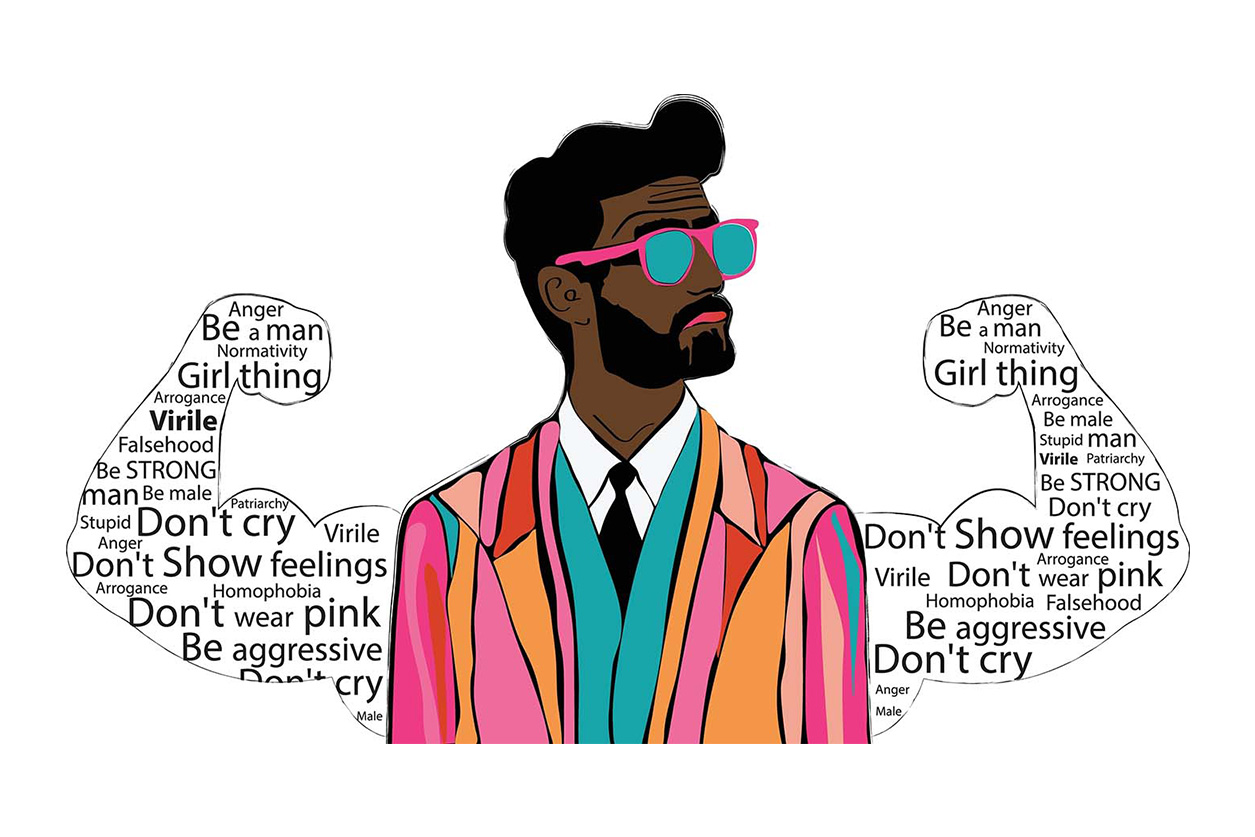Prioritizing Youth Mental Health in Sub-Saharan Africa: A Call to Action
July 2By Archibong Bassey
Sub-Saharan Africa boasts the youngest population in the world, with 70% of its population under the age of 30. However, the prevalence of mental health problems in this region surpasses global averages.
Recent studies reveal that depression, anxiety disorders, and emotional and behavioural problems affect a significantly higher percentage of young people in Sub-Saharan Africa compared to other parts of the world. Disturbingly, 1 in 7 young people in the region experience significant psychological challenges, and 1 in 10 qualify for a psychiatric diagnosis.
Sub-Saharan Africa has a disproportionately high rate of mental health disorders, which is caused by a number of interconnected variables. Poverty, scarce resources, and high unemployment all operate as socioeconomic barriers that make it harder to get mental health care. Stress, anxiety, and depression are exacerbated by environmental factors such as conflict, violence, displacement, and climate change-related issues, and these groups are disproportionately affected. Stigma, discrimination, and cultural beliefs that hinder mental health-seeking behaviours are additional aggravating cultural issues.
The consequences of African youth mental health issues that go untreated are widespread. These issues impede human development, academic achievement, and future endeavors. They put a strain on families, weaken communities, and have a ripple effect on society as a whole. Early action and support are crucial to avoiding these negative outcomes and promoting a healthy, prosperous community. Due to limited data coverage and inadequate funding, mental healthcare remains a low priority in many African nations. In Nigeria, Taiwo Obindo, President of Association of Psychiatrists in Nigeria APN has this to say:
Mental healthcare is in a sorry state given that we have more than 60 million Nigerians suffering from various mental illnesses, and only about 10% of them could access appropriate care.
Taiwo Obindo
The COVID-19 pandemic has highlighted the critical need for innovative strategies and policies to address the mental health of adolescents in Sub-Saharan Africa. In countries such as Nigeria, where outdated mental health legislation has been replaced with new laws, such as the Nigerian Mental Health Act 2021, signed into law in January 2023, efforts are proceeding. Nevertheless, monitoring the implementation of these laws is essential for achieving discernible progress.
The World Health Organisation (WHO) recommends cost-effective interventions for vulnerable populations in settings with limited resources. As a first-line intervention for mental health, interpersonal psychotherapy is recommended. Integrated approaches that incorporate awareness-raising, capacity-building to identify early signs of mental health problems, and enhanced referral and linkage services to mental healthcare have demonstrated significant efficacy among adolescents. Community-based initiatives that are culturally sensitive, such as awareness campaigns, peer support groups, and community outreach programmes, as well as the use of technology via digital platforms, are essential for promoting mental health and providing holistic support. In Sub-Saharan Africa, Nigerian-based organizations such as the Mentally Aware Nigeria Initiative (MANI) and the youth-led Stilt ng have demonstrated the effectiveness of such approaches.
Youth mental health issues are alarmingly prevalent in Sub-Saharan Africa, necessitating immediate action. It is high time we step forward to resolve the mental health crisis and empower young people to live better lives.






